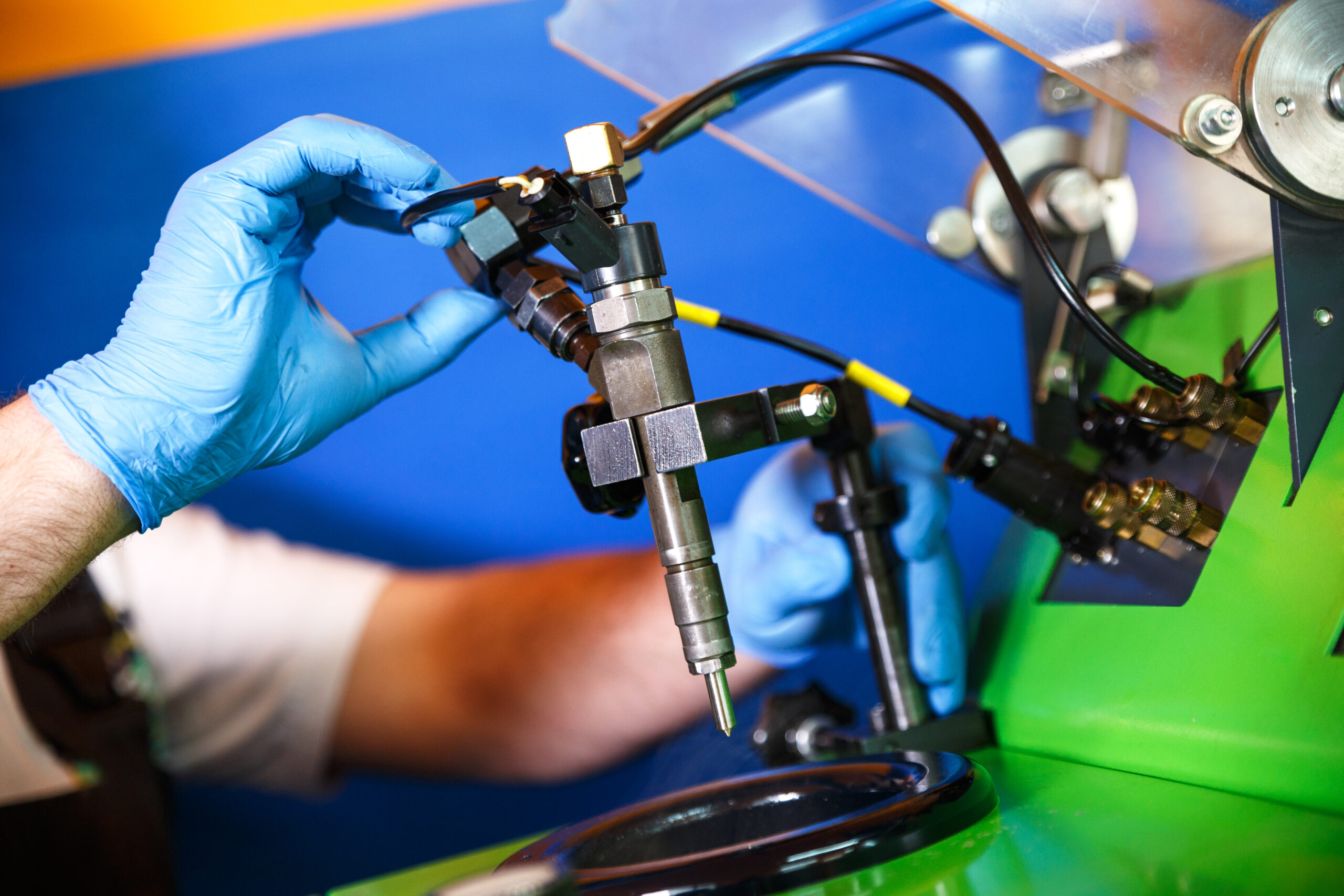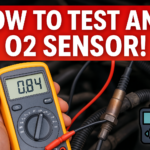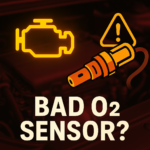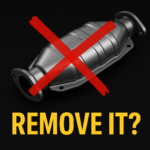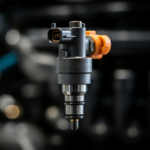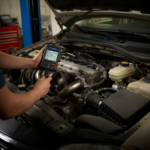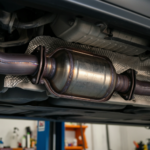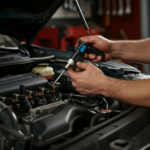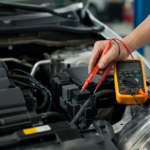Fuel injectors play a critical role in your vehicle’s performance, ensuring the right amount of fuel is delivered to the engine for combustion. But what happens when they fail? Understanding the symptoms of bad fuel injectors can help you diagnose issues before they escalate into costly repairs.
This guide dives deep into how to identify faulty injectors, why they go wrong, and what you can do to fix or prevent them.
What Are Fuel Injectors and Why Are They Important?
Fuel injectors are part of the fuel injection system, responsible for atomizing and delivering fuel directly to the engine’s combustion chamber in precise amounts. This process ensures your car maintains an optimal air-fuel mixture for performance and efficiency.
When fuel injectors become dirty, clogged, or faulty, they disrupt this balance, causing engine problems, reduced fuel efficiency, and even safety risks on the road.
Common Signs of Bad Fuel Injectors
How do you know if your fuel injectors are bad? Look out for these warning signs that are often associated with fuel injector problems.
- Engine Misfires: One of the most noticeable symptoms. A clogged injector disrupts the air-fuel mixture, leading to incomplete combustion.
- Rough Idling: Is your car shaking or sputtering when idling? This is a sign of a dirty fuel injector.
- Engine Stalling: Clogged or failing injectors struggle to deliver the correct amount of fuel, causing your car to stall unpredictably.
- Check Engine Light: A common sign of injector issues. Use an OBD-II scanner to identify diagnostic trouble codes.
- Fuel Odors: If you can smell dirty fuel or gas around your vehicle, leaking injectors could be the culprit.
- Decreased Fuel Efficiency: Poorly functioning injectors may deliver either too much or too little fuel, causing your vehicle to be less efficient at the pump.
- Power Loss during Acceleration: A lagging response when accelerating could suggest a fuel injection fault.
What Happens When Fuel Injectors Go Bad?
When fuel injectors go bad, your car’s overall engine performance can take a hit. Left untreated, they can even cause engine damage. Here’s what you might experience:
- Fuel Injector Misfire: A clogged fuel injector limits fuel flow, causing misfiring cylinders.
- Overheating Engine: Improper fuel flow can affect cooling, raising engine temperatures.
- Damage to Other Components: Extended issues with injectors can compromise the fuel pump, fuel filter, or catalytic converter.
- Complete Engine Failure: Neglecting injector issues can escalate the problem dramatically, leading to costly repairs or replacements.
How to Tell if a Fuel Injector Is Bad
If you’re wondering, “How can you tell if a fuel injector is bad?”, use these steps to diagnose the issue.
1. Inspect for Visual Damage
Remove the injector and check for signs of wear, cracks, or buildup. This helps confirm if you’re dealing with dirty fuel injectors or something worse.
2. Monitor Engine Behavior
Pay attention to the common signs mentioned earlier, such as engine stalling or an illuminated check engine light.
3. Use Diagnostic Tools
Using a fuel pressure gauge or OBD-II scanner is one of the quickest ways to identify potential fuel injector problems symptoms.
4. Listen for Unusual Noises
A noticeable clicking or ticking sound could indicate an injector problem.
5. Seek Professional Help
Still uncertain? A trained mechanic can perform advanced tests to confirm whether injectors are at fault.
Can a Bad Fuel Injector Cause a Misfire?
Yes! A clogged or failing fuel injector can prevent the right amount of fuel from entering the combustion chamber, resulting in a misfire.
What Does a Bad Fuel Injector Look Like?
A damaged injector might have corrosion, cracks, or visible dirt build-up. If left unchecked, such damage can quickly compromise your fuel injection system.
How to Prevent Fuel Injector Issues
- Fuel Injector Cleaning: Regularly clean injectors to remove deposits and prevent blockages.
- Use High-Quality Fuel: Reduces the risk of contaminants clogging the injector.
- Replace the Fuel Filter: A clogged filter can send debris into the injectors, causing long-term damage.
- Regular Maintenance: Schedule consistent check-ups to detect potential issues early.
Fixes for Bad Fuel Injectors
Should you find yourself dealing with injector issues, here are some potential solutions:
- Use a Fuel Injector Cleaner
Invest in a high-quality cleaner to remove deposits and restore functionality.
AutoZone offers great options for fuel injector cleaners here.
- Replace Faulty Injectors
If cleaning isn’t enough, replace the injectors. AutoZone also provides premium fuel injectors to match your vehicle’s model.
- Consult a Mechanic
When in doubt, leave it to an expert to avoid causing further damage.
For related issues like fuel pump problems, check out our guide here.
Final Thoughts on Diagnosing and Fixing Fuel Injector Problems
Recognizing the symptoms of bad fuel injectors is crucial for maintaining a reliable vehicle. From rough idling to engine misfires, tackling injector problems early ensures smooth rides and saves you from costly repairs.
Regular maintenance, quality fuel, and keeping tabs on your car’s behavior can keep injector-related issues at bay.
Want to learn more? Stay proactive by exploring our detailed guides, or connect with industry experts about preventative measures.
